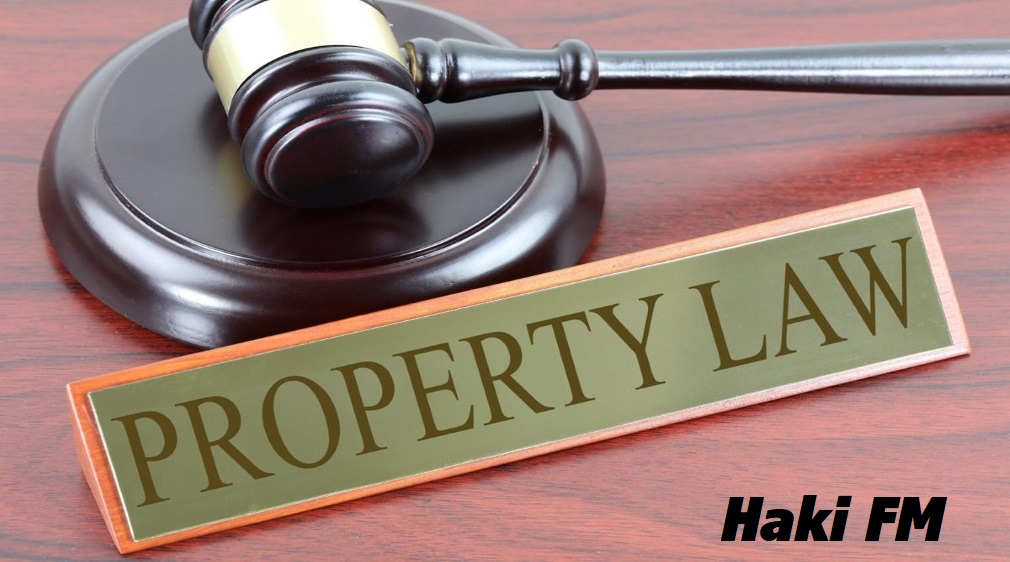A comprehensive overview.
Introduction:
Property legalities in South Africa play a crucial role in shaping the real estate landscape and ensuring fair and equitable treatment for all citizens. This essay will delve into the key aspects of property legalities, covering topics such as ownership, land reform, and the impact of historical injustices on property rights.
- Property Ownership:
In South Africa, property ownership is governed by a system of title deeds, which provide legal proof of ownership. The Deeds Registries Act of 1937 establishes the framework for property registration. The government recognizes both individual and communal ownership, promoting a diverse property ownership structure.
- Land Reform:
Land reform has been a central issue in South Africa, seeking to address historical injustices related to land dispossession during the apartheid era. The Land Reform Program aims to redistribute land to previously disadvantaged communities. This includes the willing buyer-willing seller model, expropriation with compensation, and communal land tenure systems.
- Historical Context and Restitution:
The historical context of South Africa has significantly influenced property legalities. The Land Acts of 1913 and 1936, which reserved certain areas for specific racial groups, led to the forced removal of black communities from their ancestral lands. The Restitution of Land Rights Act of 1994 enables individuals or communities who lost land due to discriminatory laws to claim restitution.
- Security of Tenure:
Security of tenure is a critical aspect of property legalities, ensuring that individuals have protection against arbitrary eviction. The Extension of Security of Tenure Act and the Prevention of Illegal Eviction from and Unlawful Occupation of Land Act provide legal safeguards for tenants and occupiers, promoting housing stability.
- Title Deed Reform:
Title deed reform is an ongoing process aimed at addressing disparities in property ownership. The government has implemented initiatives to streamline the process of obtaining title deeds, particularly in historically disadvantaged communities. This promotes economic empowerment and fosters a sense of ownership among citizens.
- Municipal Planning and Zoning Regulations:
Municipalities in South Africa play a vital role in regulating property use through zoning regulations and land-use planning. These regulations ensure that properties are developed and used in a manner consistent with broader community interests and sustainable development goals.
- Conclusion:
In conclusion, property legalities in South Africa are multifaceted, reflecting the nation’s complex history and ongoing commitment to address historical injustices. The legal framework governing property ownership, land reform, and restitution seeks to create a fair and inclusive real estate environment.
As South Africa continues to navigate the challenges and opportunities in this realm, it is essential to uphold the principles of justice, equality, and economic empowerment for all citizens.
